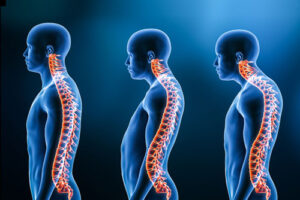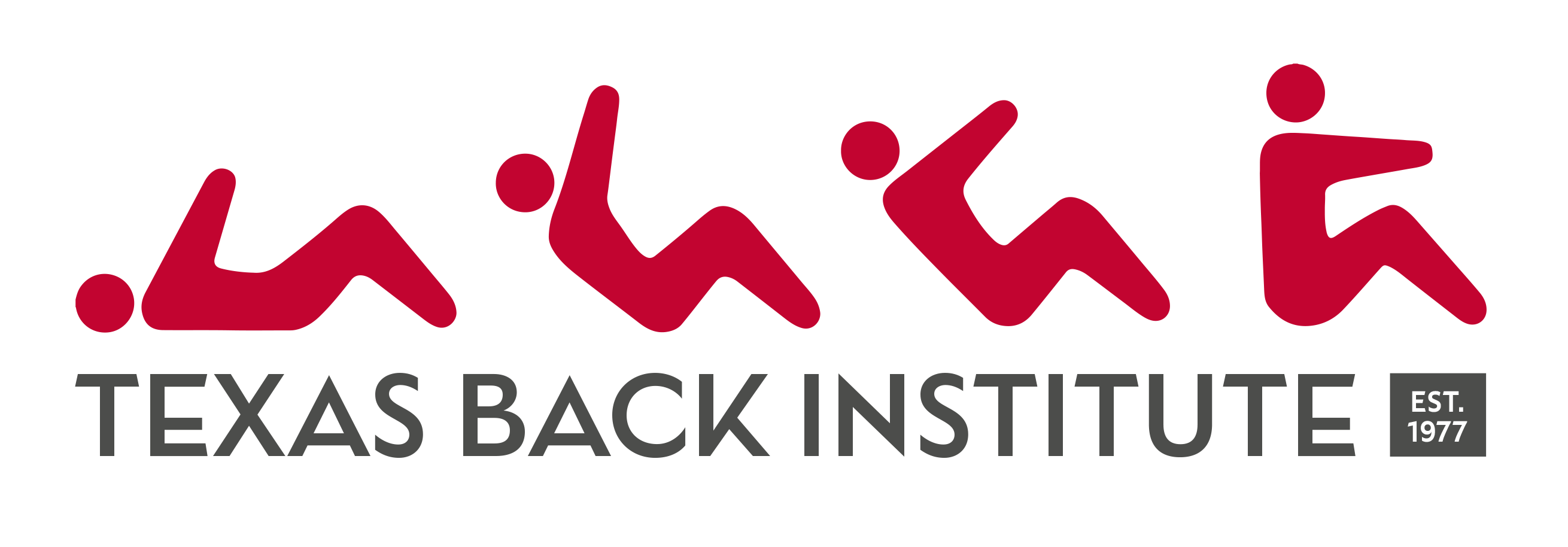Spinal Deformity
Spinal deformity conditions generally involve abnormal curvature of the spine. Scoliosis and kyphosis are types of spinal deformity conditions. The curves may result from age-related degenerative changes, fractures, infection, tumors, neurological issues, or structural changes following spine surgery.
Some types of deformities are due to the spine being misshapen as the person grows from childhood. This is commonly referred to as adolescent idiopathic scoliosis. Spinal deformity conditions may or may not cause pain.
Pain in patients with a spinal deformity condition may arise from the curved spine compressing or irritating nerves, or from degenerative discs or degenerative facet joints.
Symptoms
 Spinal deformity is not always painful. Pain may arise if the misshapen spine causes nerve root compression or irritation. Pain may also come from the facet or sacroiliac joints.
Spinal deformity is not always painful. Pain may arise if the misshapen spine causes nerve root compression or irritation. Pain may also come from the facet or sacroiliac joints.
Diagnosing
A physical examination will be performed to evaluate the curve and to begin addressing symptoms that may be present. The most common means of evaluating spinal deformity is through imaging such as X-ray, MRI, or CT.
It is important to rule out possible causes such as fractures of the vertebral bodies, infection, or tumors. In patients with pain, diagnostic workup may include evaluations for nerve root compression and facet joint pain.
Treating
The treatment for spinal deformity conditions depends on the type of the problem, age of the patient, the extent of progression of the deformity, and pain severity. Pain is treated in much the same manner as nerve root compression, stenosis or, facet joint pain, depending on the results of the diagnostic evaluation.
If there are significant structural problems, surgery may be undertaken in an effort to re-align the spine or stop the progression of a worsening deformity. It is important to discuss treatment options with your doctor in deciding which treatment, if any, may be best for you.

